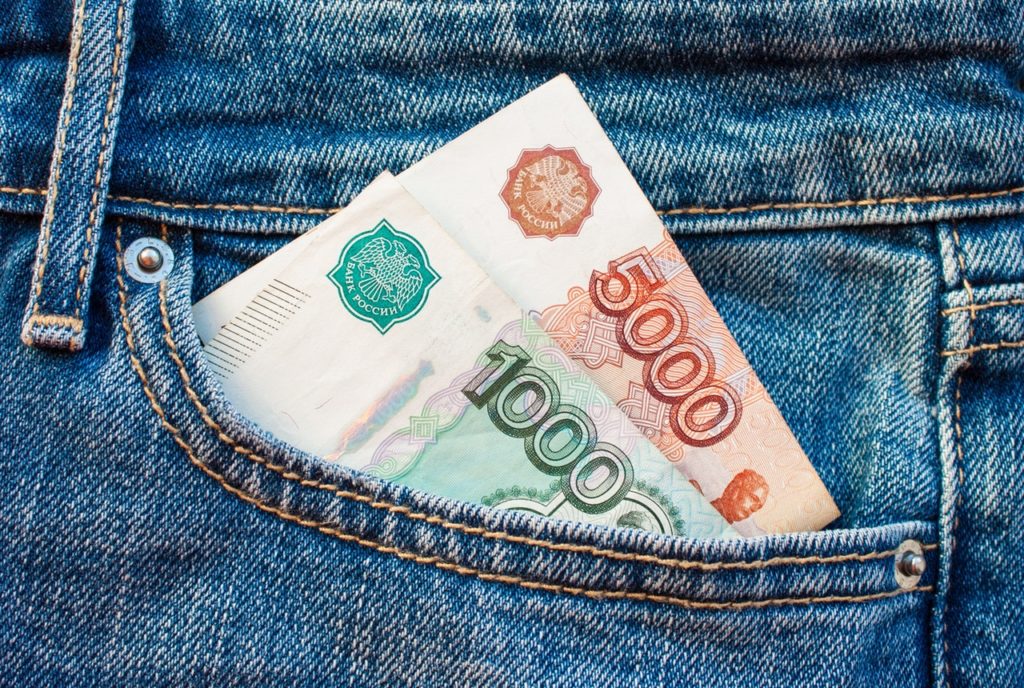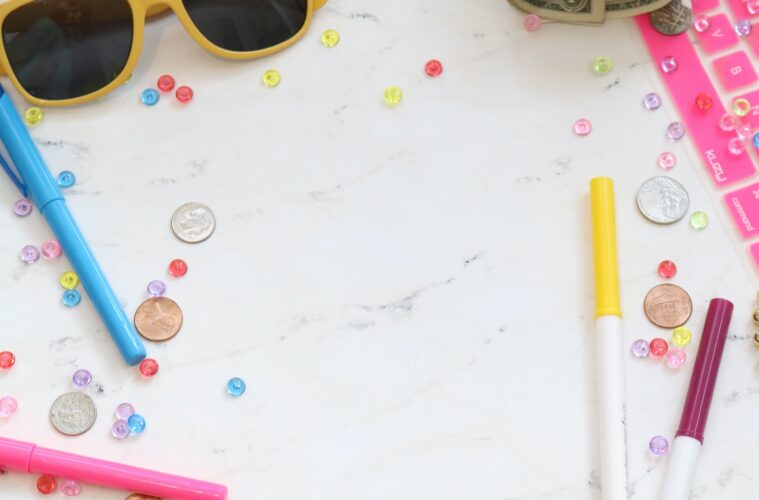The Great Depression was a very trying time in history when people struggled just to survive. You had no choice but to be frugal and learn how to stretch a dollar.
This recession may not be as dramatic as that, but there certainly are lessons we can learn from that period to help us get through this financially healthy. Frugality and minimalism are the perfect antidote for when the economy falters. Even in good times, there are things we can do that help keep more money in our pockets.
In this article, I will go over several ways that we can change our spending habits to weather some rough economic waters.

1 – Don’t go into debt at Christmas
Many people really overdo their Christmas shopping and put themselves into debt as a result. Which then multiplies how much you’ve actually spent on gifts. Back during the Great Depression gift giving was very simple and it really was the thought that counted.
Taking up this thought again will go a long way towards keeping your finances under control as starting the new year with a huge credit card bill is not the best way to get your financial house in order.
Even back then when they did want to spend a bit on gifts, they would save throughout the year by putting money into Christmas Club accounts. They work sort of like a certificate of deposit and local bank savings accounts in mid-Missouri and everywhere else will help keep you from going into debt.
2 – Start a garden
If you have a yard then devote some of it to a vegetable garden and fruit trees. Anybody who had a few square feet back during the Great Depression was using it to grow food. Even now, we should be as self sufficient as possible with feeding ourselves especially with supply lines so fragile.
Think of how expensive lettuce is and that it costs a fraction of a penny for a serving when you grow it yourself. Or how much a pound of pears costs that is essentially free when you grow them yourself.
3 – Reduce your energy usage
During the Great Depression, people didn’t have air conditioners and heating a house was very expensive.
Now, life these days without some creature comforts like A/C would be miserable, but you do need to cut back when you can. You can cool your house passively so you don’t need the A/C as much by keeping your shades down to block the sun and creating air circulation by opening windows with a blowing fan.
And rather than keep your house a toasty 73°F, lower your thermostat to around 68°F and put a sweater on to stay warm.
Better yet, add some smart thermostats to your house so you’re only heating the house when you really need it and it stays cooler when you aren’t home. You can save hundreds of dollars per year by cutting back on heating and cooling your house.

